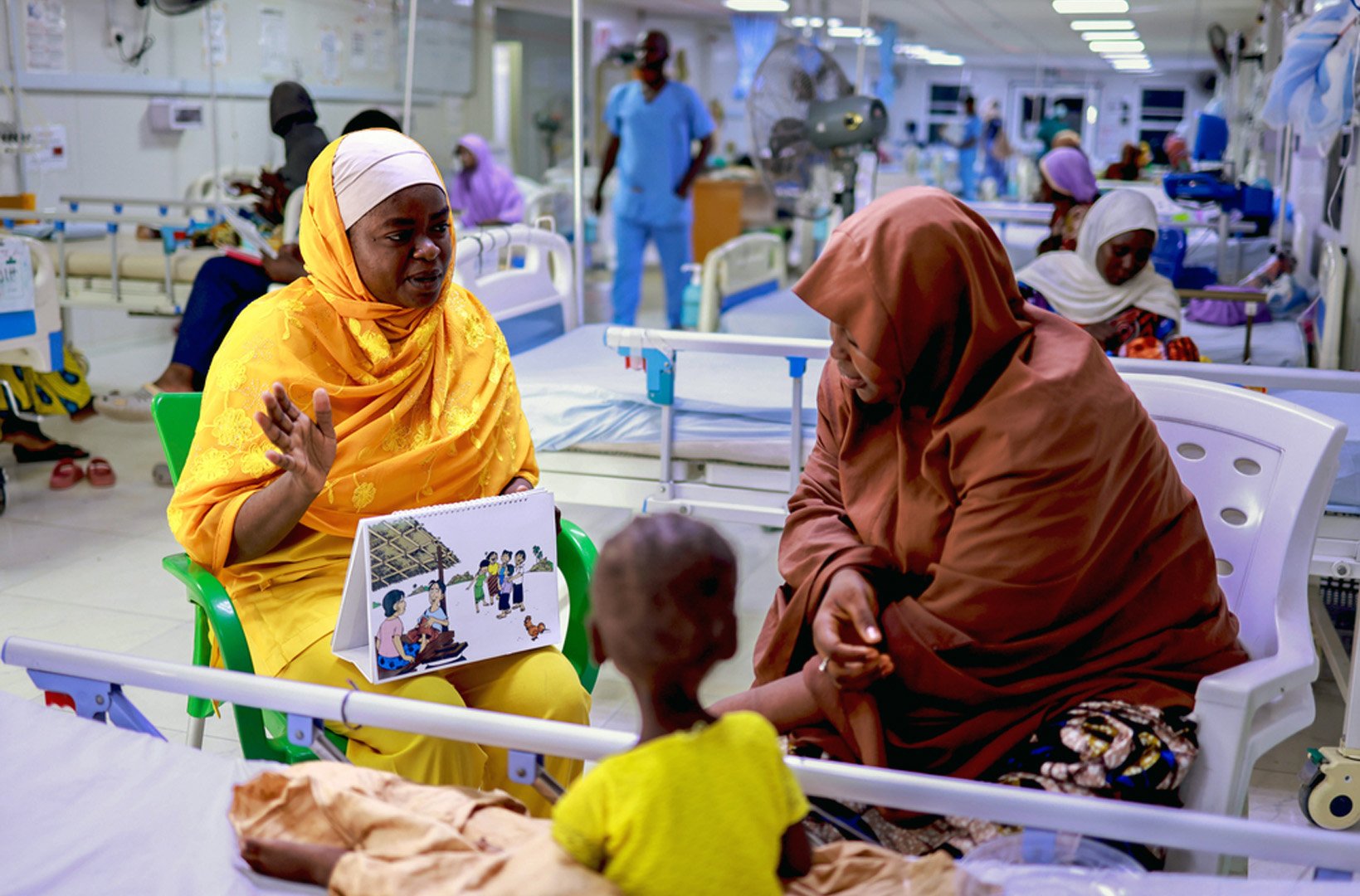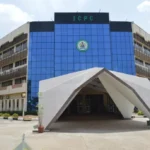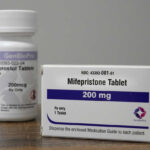By Isaac Atunlute
In a bid to reinforce healthcare support in underserved communities, a diaspora-led initiative delivered a three-day medical mission across Akwanga, providing free surgeries, chronic care, health education, diagnostics, and medications to nearly 5,000 residents.
This outreach resonates with a wider trend across Nigeria, with similar medical missions delivering quality care to thousands of individuals.
In 2024, the Eko Club International initiated a free medical mission for 5,000 members of underserved communities such as Ikorodu in Lagos.
Also, in 2023, US-based Mbaise diaspora group partnered with the Emma Njoku Foundation to offer free medical access to over 15,000 people across different communities in Imo State.
Furthermore, in December 2024, NAS Medical Mission conducted an outreach at Naka IDP Camp in Gwer-West, Benue State.
Around 350 internally displaced people received extensive medical care, including screenings, provision of drugs, and lab tests.
Diagnostic evaluation indicated more than 60% were of critical-stage hypertension, along with other chronic ailments, underscoring critical healthcare access gaps.
Such projects reflect where the Nigerians abroad are covering the most pressing medical issues where the general institutions have less access.
By extending provision of surgical teams, drugs, and health education to rural communities, they reduce the strain on under-resourced local health centres and reach the majority of the people in need.
In Nigeria, the doctor-to-patient ratio stands at a stark 1:9083, far below the World Health Organization’s recommended 1:600, underscoring an acute shortage of medical personnel.
Meanwhile, up to 70% of Nigerians turn to primary health centres (PHCs) as their first and often only point of care .
Many challenges remain – without sustained followup, these missions can only give temporary relief. Long-term impact depends on integrating outreach into broader strategies — for example, supporting local clinics with training assistance, referral networks, and preventive health measures.
One often overlooked challenge in diaspora medical missions is the absence of robust data collection and patient record systems.
Without standardised health documentation, it becomes difficult to monitor patient’s progress, ensure continuity of care, or inform local health planning.
To address this, an initiative in Kwara State under EHAI’s Automated Digitized Immunization System (ADIS) has introduced mobile electronic immunization registers (EIRs) in primary health care centres.
The platform was used across 12 PHCs in Ilorin East LGA’s, the electronic register tracked more than 15,000 vaccinations, facilitated appointment reminders, and improved missed-dose identification by more than 60% compared to paper records.
The 5,000-patient outreach in Nasarawa is part of a growing body of evidence showing that strategic diaspora engagement can produce quantifiable returns in access, trust and community health outcomes, especially when combined with state-level collaborations.
As NIDCOM and networks of Nigerian professionals abroad push for more structured collaboration, the lesson is clear, diaspora involvement, when coordinated with local health institutions, can greatly extend care and promote inclusive service delivery
With recurring outreach extending to tens of thousands of people across the states, there is a potential to bring these efforts into an operational model of health system resilience, particularly in areas where permanent infrastructure remains weak.
A diaspora-led initiative provided comprehensive medical services to nearly 5,000 residents in Akwanga, Nigeria, over a three-day period. The mission included free surgeries, chronic care, health education, diagnostics, and medications, significantly easing healthcare access barriers in underserved communities. This initiative is part of a larger trend of diaspora-led medical missions throughout Nigeria, impacting thousands more, including a notable effort by the NAS Medical Mission, which served 350 internally displaced people in Benue State, highlighting major healthcare access gaps due to critical-stage hypertension findings.
Nigeria faces a dire shortage of medical personnel, with a doctor-to-patient ratio of 1:9083, and many rely solely on primary health centres. To ensure the sustainability of diaspora missions, it is crucial to integrate outreach into broader strategies, such as supporting local clinics with training and preventive measures. Furthermore, initiatives like Kwara State's EHAI project, which replaced paper records with mobile electronic immunization registers, demonstrate the importance of robust data collection systems to monitor patient progress and inform local health planning.
Such efforts underscore the important role of the Nigerian diaspora in extending healthcare reach and improving outcomes. Coordinated collaboration between diaspora organizations and local health institutions could enhance service delivery and system resilience, particularly in areas lacking permanent health infrastructure. Strategic diaspora engagement, demonstrated through continuing outreach, holds potential for significant advancements in healthcare access and quality.






